Kamala Ibrahim Ishag: States of Oneness at the Serpentine Gallery
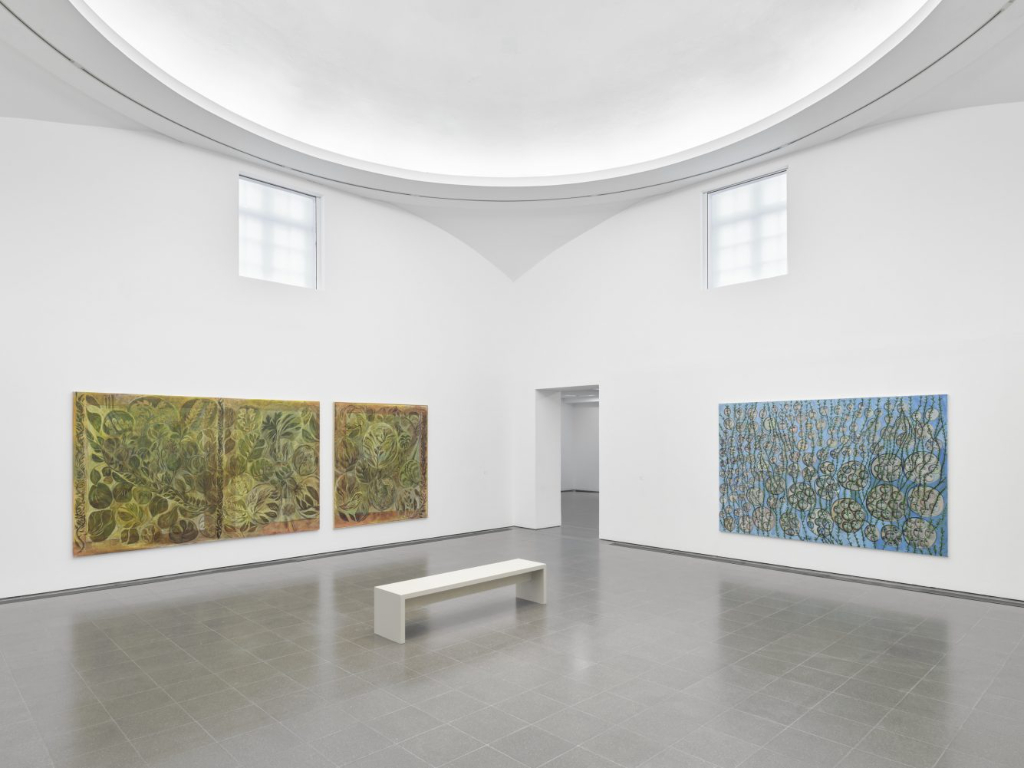
Over the course of a six-decade career, octogenarian Sudanese-born artist Kamala Ibrahim Ishag (born in 1939) has become a prominent figure of modern and contemporary art in her country. Arguably, she is best known for her distinctive paintings that frequently combine human and organic forms, testifying to the cycle of life and the female narrative in her homeland.
Now the Serpentine South Gallery are presenting States of Oneness, the first major retrospective of this influential artist ever to be held in the UK, instigated by the Sharjah Art Foundation in collaboration with the Africa Institute. Ranging from oil paintings to works on paper, graphic design pieces and ceramics, this exhibition sees Kamala Ibrahim Ishag’s return to the city where she studied at the Royal College of Art in the 1960s. Whilst there, she discovered and became inspired by William Blake and Francis Bacon. The earliest works at the Serpentine date back to that formative period with other pieces produced during her self-imposed 1990s and 2000s stay in London.
As one of the first women to graduate from the College of Fine Art in Khartoum, Ishag has long since broken down barriers. She has been central in shifting a male perception of art. The visitor here finds her work imbued with memories and stories. Much of it reflects upon women’s lives in Sudan, together with mythology and spiritualism. Over the years, the artist has been inspired by Zar – both a spiritual possession and a healing ceremony participated in by women that consists of ritualistic singing, rapturous music and dancing. The Serpentine’s opening room focuses on work conjuring up the intensity of these trance-like gatherings of women, their bodies and faces contorted. Prime examples are to be found in the arresting canvases, Procession (Zaar) (2015) and Untitled (Zaar) (1973). There are also references to politics: the painting Blues for the Martyrs, where faces are captured in floating balls connected by seaweed-like plant forms in a watery environment, stands as tribute to peaceful protestors brutally massacred in Khartoum in 2019. One finds Ishag’s figures have a strongly expressionistic quality she has persevered with for several decades.
In her Sudanese homeland the artist had a historically significant role to play in the development of Crystalism, which represented a challenge to male orthodoxy in 1970s Khartoum. The movement saw the amalgamation of Western concepts, Sufi mysticism and other elements. Figures are depicted by the artist incarcerated in glass boxes and crystal cubes in a manner not entirely removed from Bacon. On multiple occasions one sees female figures, many seemingly troubled; they frequently appear entwined with plant life and rendered in vivid colour.
This richly deserved exhibition brings to the fore the diversity and importance of Kamala Ibrahim Ishag’s practice, offering UK audiences an insight into her work. Brought to the surface is the Sudanese-born artist’s steadfast refusal to be defined by a single style. Moreover, as a hugely prominent teacher and mentor to young artists learning their craft (she was professor of painting in Sudan for over 30 years), Ishag has ensured her enduring effect on contemporary art.
James White
Photo: George Darrell
Kamala Ibrahim Ishag: States of Oneness is at the Serpentine Gallery from 7th October until 29th January 2023. For further information visit the exhibition’s website here.


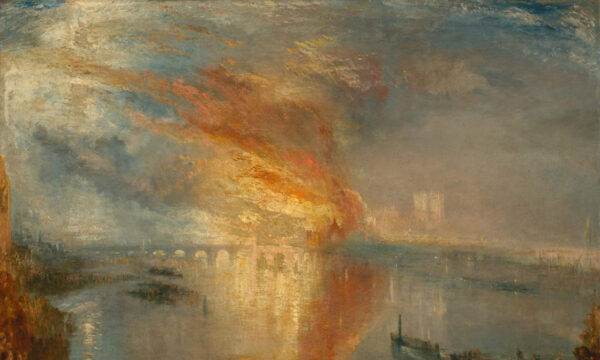
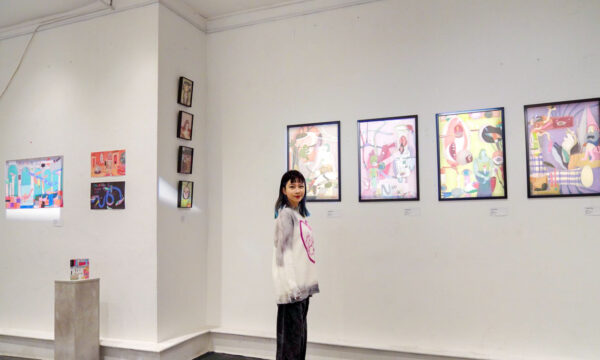

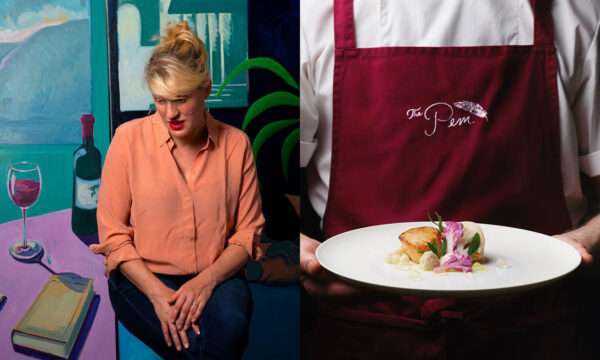
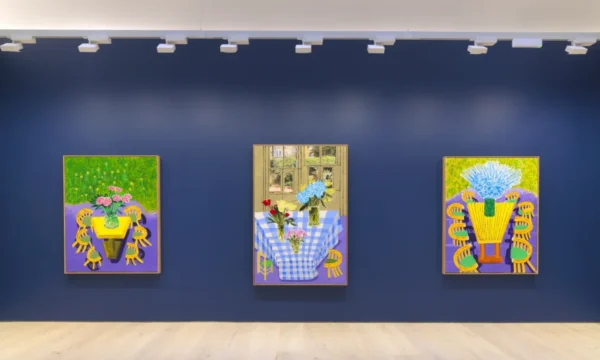
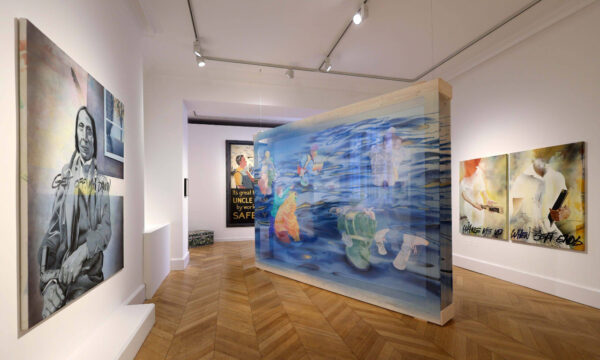
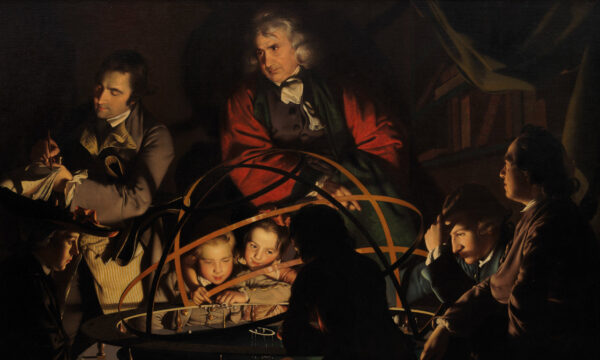
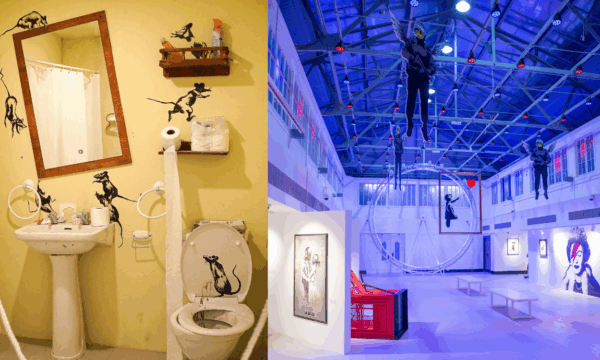




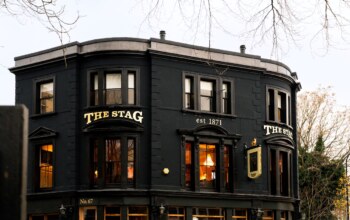








Facebook
Twitter
Instagram
YouTube
RSS